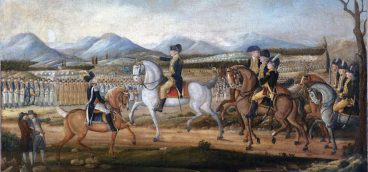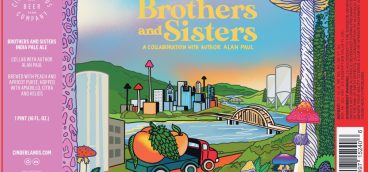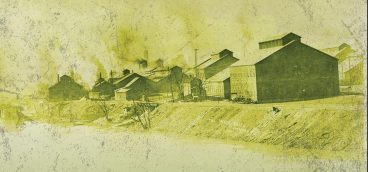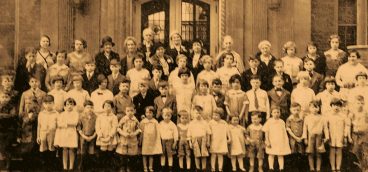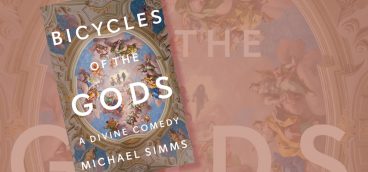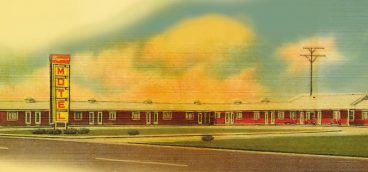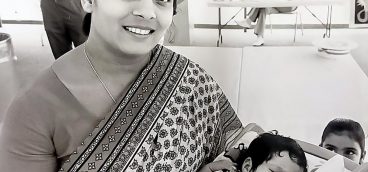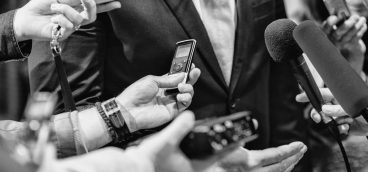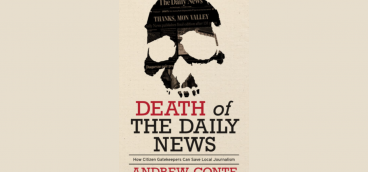The Allman Brothers Band – and Me

The road may go on forever, but it began in my brother’s bedroom on Inverness Avenue, where he handed me a copy of the Allman Brothers Band’s Eat A Peach and told me to listen to it, when I was in seventh grade. I put on some headphones, lay down on the yellow shag carpet, dropped the needle and got swept away by both the music and the gatefold’s psychedelic artwork. Junior high lovesickness and worries about the Steelers’ Super Bowl repeat chances faded away, as I was immersed into a new world that was at once alien and comforting.
I didn’t know what was going on and had only a vague idea of the art’s magic mushroom underpinnings, but I was all in. So much so that when Ms. Zach, my eighth-grade social studies teacher at East Liberty’s Reizenstein Middle School, assigned an essay on a great American of our choice, I skipped Roberto Clemente, Art Rooney and George Washington in favor of the brilliant guitarist Duane Allman, the late founder of the Allman Brothers Band. I got it back with an “incomplete” and a note to come see her.
“This essay is excellent but I’m having difficulty believing you wrote it,” she said, suggesting perhaps it was my older brother, David, who was of an age that seemed more appropriate to be so enamored of Duane. When I assured her that I had written it, she changed my grade to an A. I wish I could interview 12-year-old me to ask what was so fascinating about the Allman Brothers Band, but I kind of know, because the band — both their music and their story — remains infinitely compelling to me.
I have spent three decades reporting on the Allman Brothers Band, interviewing members, managers, fans and crew members, riding buses and attending shows. I’ve now written two biographies of them and am often asked how I became such an expert on the group. Those who know me better are often more blunt: How did a Squirrel Hill Jew who was 5 years old when Duane Allman died become the Allman Brothers Band biographer and insider?
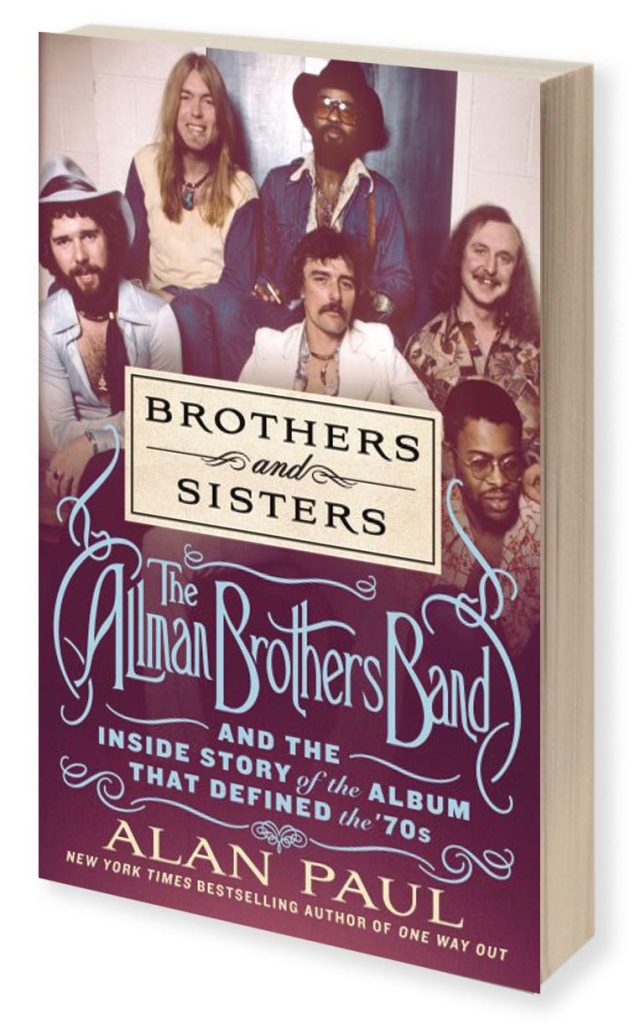
Allan Paul
St. Martin’s Press, $32.00
I saw the group for the first time on Jan. 13, 1981, at the Civic Arena, when I was 14. I had already been there to see Supertramp, the Eagles and Bruce Springsteen (twice, back-to-back nights). They used to put a curtain up across the Arena floor and place the stage in the middle for shows that couldn’t fill the place, and so it was with the ABB, who were puttering toward a second breakup. I was transfixed. Taking full advantage of the fact that things were loose and security paid little attention to a kid, I wandered around the floor and stood in front of Gregg Allman and Dickey Betts. Wowed that I was seeing these heroes in the flesh, I paid no mind to the keytar player making a fool of himself and the band’s legacy. Little did I know that I was seeing the Allman Brothers Band at the nadir of their 45-year career.
Eventually, we made our way up and sat down in a largely empty row, a few seats over from a grizzled old-timer, who sat looking forlorn, belly hanging over his jeans, walrus mustache dripping foam from the Iron City he sipped from the top of a stack of cups.
“Isn’t this great?” I exclaimed. “The Allman Brothers!”He looked at me with some degree of pity and said, “It ain’t Duane at the Syria Mosque, kid.”
The original Allman Brothers Band played two landmark shows at the Mosque, including one of Duane’s last, on Oct. 15, 1971. They had recently released their first appearance there, Jan. 17, 1971, on vinyl and CD. The closest I would come to those shows was walking across the same stage to receive my Allderdice diploma in 1984, though I did once buy a bootleg T-shirt celebrating the January appearance, the Amazon listing of which said it was from “the band’s 1971 tour of the Middle East.” Luckily, they reunited one more time with a better lineup and more success in 1989, which is when my immersion with the band began.
I’m not sure why my folks let me go to those shows on eighth- and ninth-grade school nights, but I’m glad they did. That is why my new book, Brothers and Sisters: The Allman Brothers Band and the Inside Story of the Album That Defined the ‘70s is dedicated to “my parents, Suzie and Dixie, who always let me be me.” My father, a pediatrician who plays traditional jazz under the name Dixie Doc, understood my love of music, and my mother, bless her heart, had faith in her kids, even when a little skepticism wouldn’t have been misplaced. Squirrel Hill in the 1970s was a great time and place to grow up as a free-range kid, and the ability to see the heroes I listened to all day on WDVE at the Civic Arena was a big part of that for me. It was where my road to being a music journalist and Allman Brothers Band expert began and I’ve never regretted the path I chose. Only the shows I missed.


